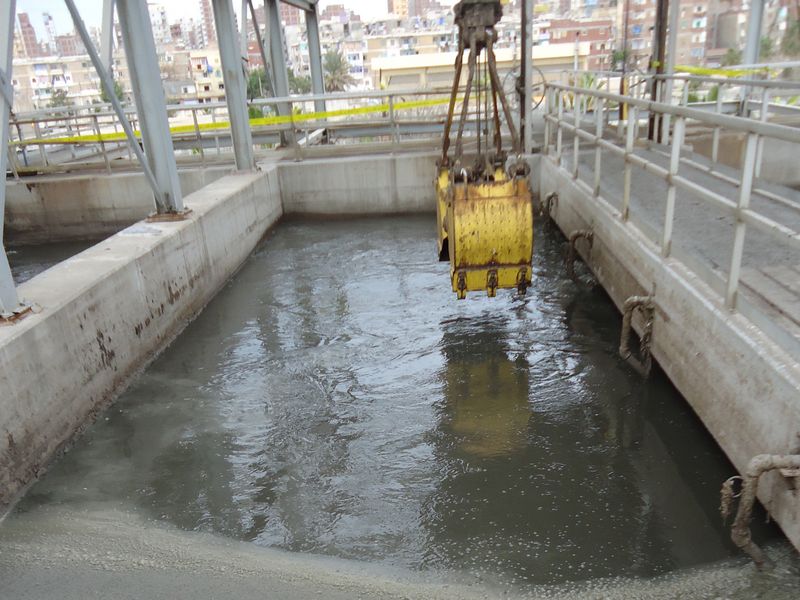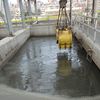Alexandria:Feasibility Study for Alexandria West Wastewater Treatment Plant Extension and Upgrade
Disciplines
-
Environment & Sustainability
-
Sanitation
Companies
Dorsch International Consultants
Client
The Construction Authority for Potable Water and Wastewater (CAPW)
Duration
From 2017 to 2018Project Activities
Feasibility Study (FS) for the extension in both capacity and type of treatment of the Alexandria West Wastewater Treatment Plant (WWTP). More specifically, the technical, economic, financial, social and environmental feasibility of the following measures will need to be determined:
- Rehabilitation of the existing plant facilities where required;
- Increase of the design capacity of the WWTP;
- Upgrade of the current primary wastewater treatment to secondary wastewater treatment;
- Upgrade of the current sludge dewatering treatment to sludge digestion with energy generation.
Contact
Dorsch International Consultants GmbH
München (Headquarters)
80687 München
Germany
Phone: +49 89 5797-0
Fax: +49 89 5797-800
E-Mail: info@dorsch.de
Description
The project’s target is the extension of the capacity as well as upgrading the treatment level in Alexandria West Wastewater Treatment Plant. The current inflow is about 340,000-410,00 m3/day and it’s design capacity of is 462,000 m3/day. Moreover, the plant provides only primary treatment with primary sludge dewatering and receives untreated sludge from the East Wastewater Treatment Plant. The plant effluent is discharged onto Lake Maryut, and eventually onto the Mediterranean. The area has high pollution levels, and is thus, one of the environmental hot spots in the National Action Plan (NAP).
Hence, the higher treatment level should improve the current sanitation and environmental services in the City of Alexandria and bordering Lake Maryut which in turn would limit the spread of waterborne diseases and improve the economic conditions in the area, contributing to the sustainable development of the Country as a whole. The project should supply an additional constant source of water that can be used in agriculture / forestry and thus reduce pressure on the already rare water sources. In addition, the planned generated electricity from the sludge will reduce the ecologic footprint of the WWTP.
The overall goal of the project is to contribute towards an efficient and sustainable water resources management in Egypt as well as to the Egyptian climate protection efforts. The project will contribute to the environmentally sound, and energetically efficient disposal/utilisation of effluent and sludge treatment through:
- An increase in capacity of the WWTP matching the demand, provisionally to 800,000 m³/d (up to 2.9 million population equivalent)
- Utilisation of treated wastewater effluent and digested sludge in e.g. agriculture / forestry
- Minimisation of operation & maintenance (O&M) cost due to bio-gas utilization
- Minimisation of emission of greenhouse gasses (GHG)
- Reduction of pollution going to Lake Maryut, El Mex Bay and the Mediterranean

